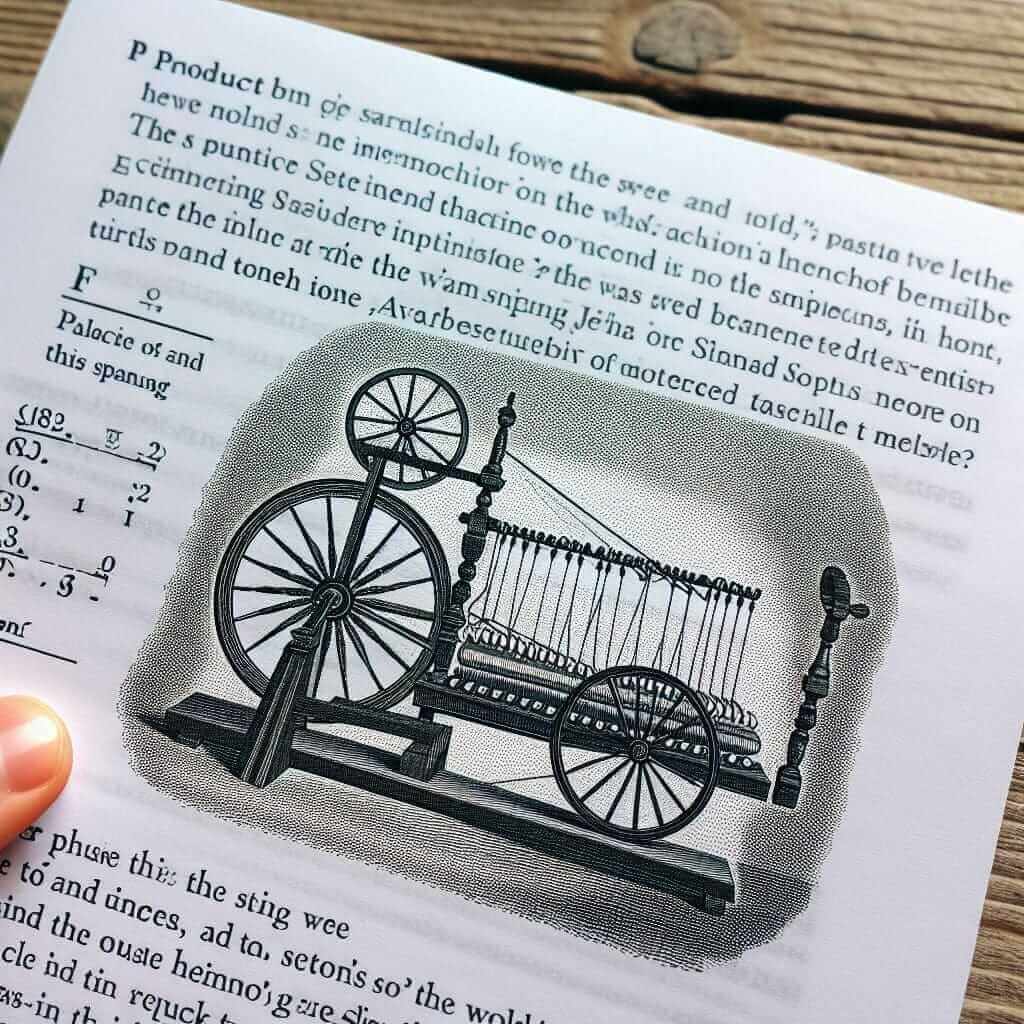As an IELTS instructor with over two decades of experience, I’ve witnessed firsthand the struggles students often face with the reading section. Time management is crucial, and scanning is an essential skill to develop for success. This article delves into the intricacies of scanning in the IELTS reading test, providing you with the knowledge and techniques to navigate passages efficiently and accurately.
What is Scanning in IELTS Reading?
Scanning, in the context of IELTS reading, is a targeted reading technique employed to locate specific information within a text quickly. Unlike skimming, where you glance through the text for general understanding, scanning requires focused attention to identify particular details like dates, names, numbers, or keywords.
How to Scan Effectively in IELTS Reading
-
Identify Keywords: Before diving into the passage, carefully read the question and pinpoint the keywords that will guide your search. These could be:
- Specific terms: names, locations, dates, or technical words.
- Numbers: years, percentages, or quantities.
- Unique features: words with capital letters, italics, or quotation marks.
-
Predict Answer Types: Anticipating the type of answer you’re searching for can further streamline your scanning process. Is it a date, a name, a number, or a specific phrase?
-
Employ Visual Cues:
- Use your finger or a pen to guide your eyes across each line of the passage.
- Focus on the beginning and end of sentences as they often contain key information.
- Pay attention to headings, subheadings, and any visual aids like graphs or charts as they offer valuable clues about the text structure and content.
-
Practice Active Scanning: Don’t just passively skim through the text. Actively look for your keywords and related terms. Your eyes should be constantly moving, seeking out the specific information you need.

Scanning in Action: An Example
Let’s illustrate this technique with a sample IELTS reading question:
Passage Extract:
The Industrial Revolution witnessed a surge in technological advancements, particularly in textile manufacturing. The invention of the spinning jenny by James Hargreaves in 1764 significantly increased the production speed of yarn, revolutionizing the industry.
Question:
Who invented the spinning jenny?
Applying Scanning:
- Keyword: “spinning jenny”
- Answer Type: A name
- Scanning: Quickly scan the passage for the phrase “spinning jenny”. You find it associated with the name “James Hargreaves”.
Therefore, the answer is “James Hargreaves”.
Tips for Success
- Regular Practice: Consistent practice is vital to master scanning. Dedicate time each day to practicing this skill using IELTS practice materials.
- Time Management: Remember, scanning is a speed-reading technique. Don’t spend too long on a single question. If you can’t find the answer quickly, move on and return to it later.
- Stay Calm: Feeling pressured can negatively impact your performance. Take deep breaths and maintain a calm demeanor throughout the reading test.
Conclusion
Scanning is an indispensable tool in your IELTS reading arsenal. By understanding its importance, implementing the techniques outlined, and practicing consistently, you can significantly enhance your ability to locate information accurately and efficiently. Remember, effective scanning is not about reading every word, but about strategically targeting the specific details you need to succeed in the IELTS reading test.